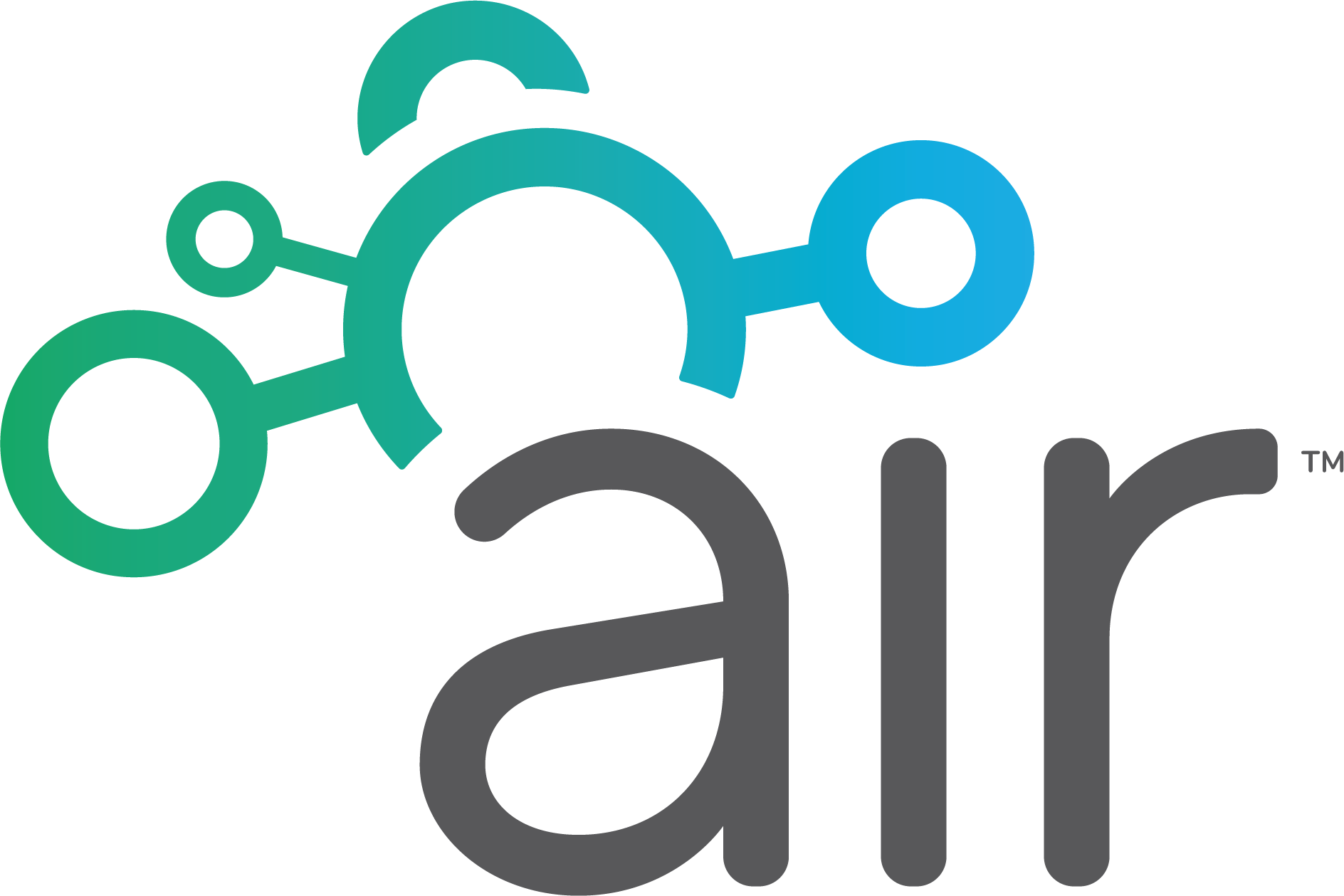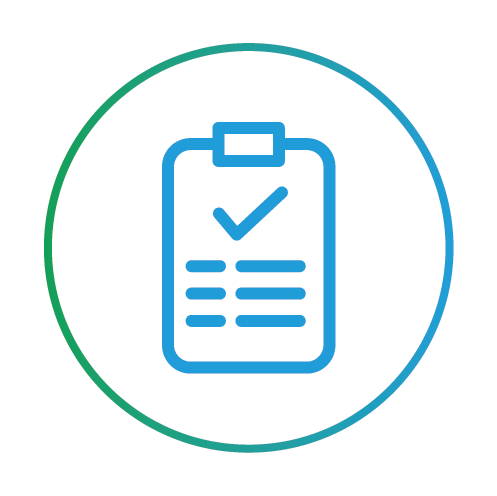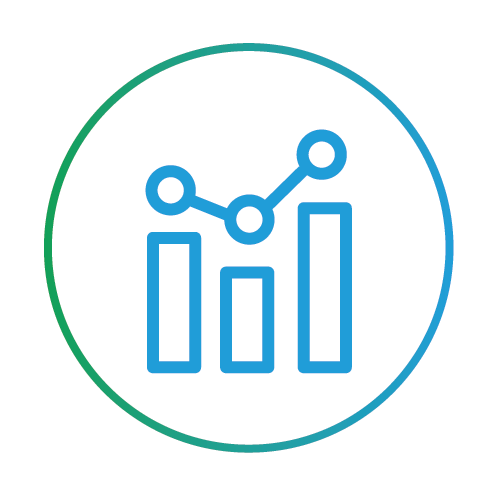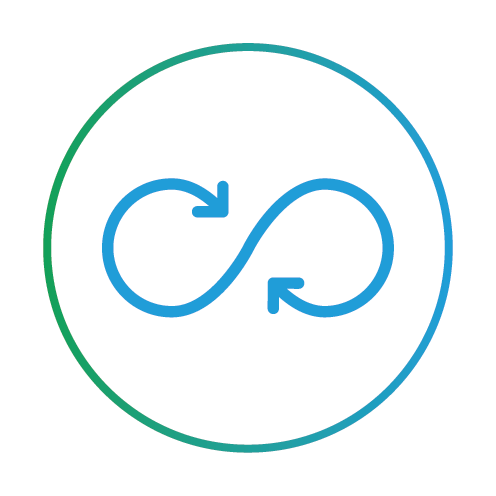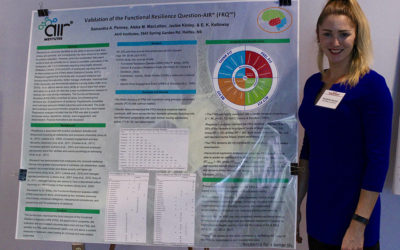Our Scientific Framework and Difference
Our Be Fit™ Framework
The Resilience Wheel is a visual depiction of the Be Fit™ Framework.
It is a sense making tool. The framework provides a new lens through which to view and understand mental fitness and behavioural health.
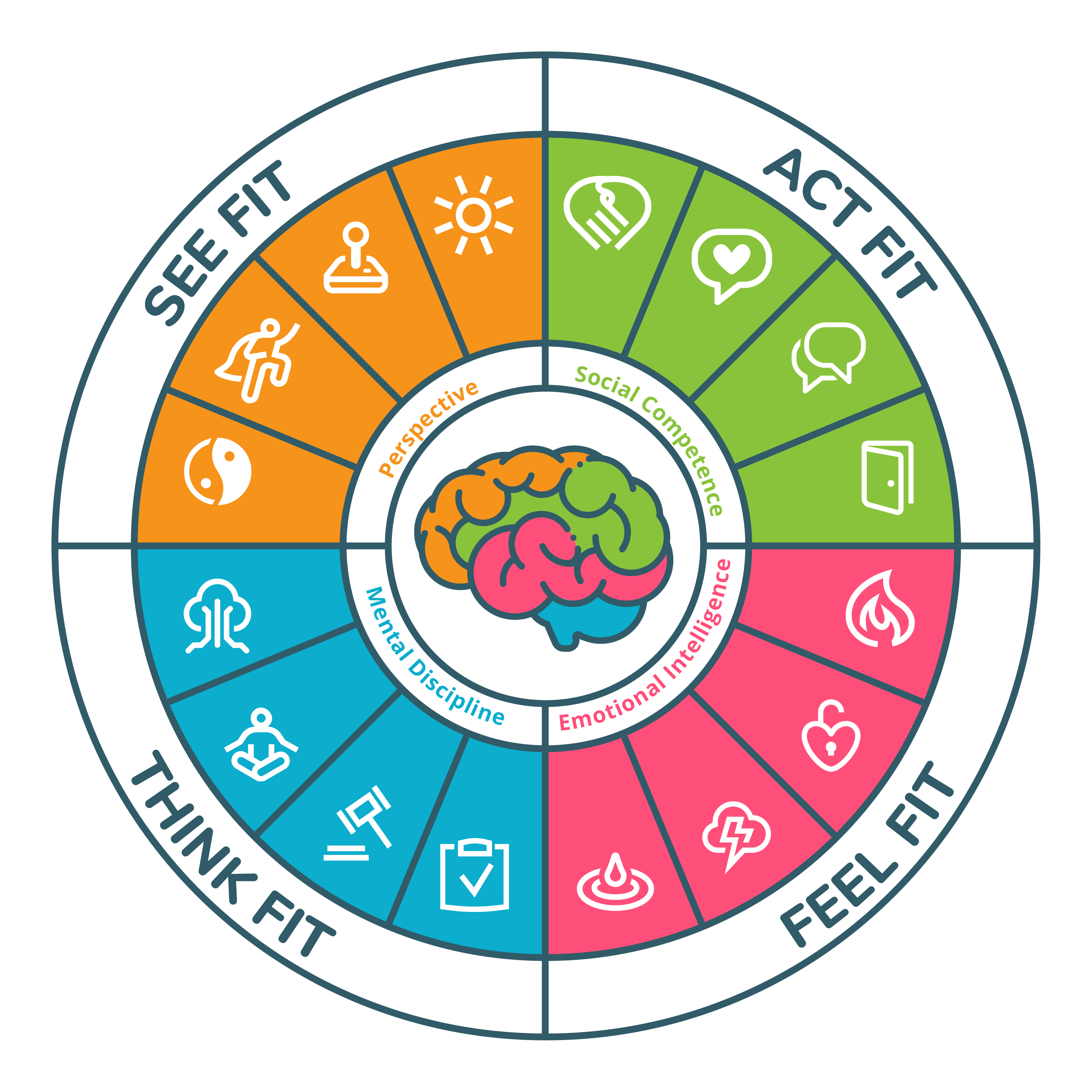

Brain Basix
What differentiates AIR’s Be Fit™ Framework is that it is grounded in science.
Resilience is not just an outcome or a capacity. Resilience is a process. It is associated with characteristic ways of seeing, thinking, feeling, and acting when under stress. The 4 cornerstones of resilience are each associated with a key competency: establishing perspective, achieving mental discipline, harnessing emotion, and engaging others.
The 16 key resilience factors are grounded on a foundation of neuroscience. This provides an evidence-based approach to health, wellness, and performance and a holistic solution to common workplace challenges.
How Do You Measure Resilience?
The Functional Resilience Question-AIR (FRQTM)
The Function Resilience Question-AIRTM is a validated 64 item assessment that measures resilience. It identifies your key resilience strengths and growth opportunities.

How is the FRQTM used?
The Functional Resilience report provides scores in global resilience, the four cornerstone scores, and each of the 16 key resilience factors.
Applications of the FRQ include:
Individual Report – Establish a starting point from which to build your mental fitness. Your resilience report provides you with deep insights regarding your psychological strengths and growth opportunities.
Team Report (WeFITTM) – Assess and determine your team’s resilience training needs. Your team report gives a profile of your team’s strengths and collective growth opportunities.
Leadership Report (LeaderFIT™) – Assess how well you strategize, realize, mobilize and engage with others.

Additional Resilience Indicators and Resources
The Adapted Advantages Inventory (A2ITM)
The A2I helps you gain powerful insight into your adapted tendencies and preferences, driven by deep unconscious bias and beliefs. Once recognized, you have powerful insights and critical choices.
.
BESAFETM at Work Assessment
Resilient teams thrive on radical authenticity. Security and connection matter. Get critical insights into your employees perceived level of psychological safety at work.
OrgFITTM
Evaluate and enhance your psychological capital with a measure of key resilience behaviours across all 3 levels of your organization: Employees; Teams; and Leadership.
Adapted Advantages Inventory (A2ITM)
Your adapted advantages pertain to what we at AIR refer to as your “second nature”. The A2I helps you gain powerful insight into your adapted tendencies and preferences, driven by deep unconscious bias and beliefs.
- Understand what truly drives you
- Reclaim your first nature
- Change directions to achieve your natural destiny
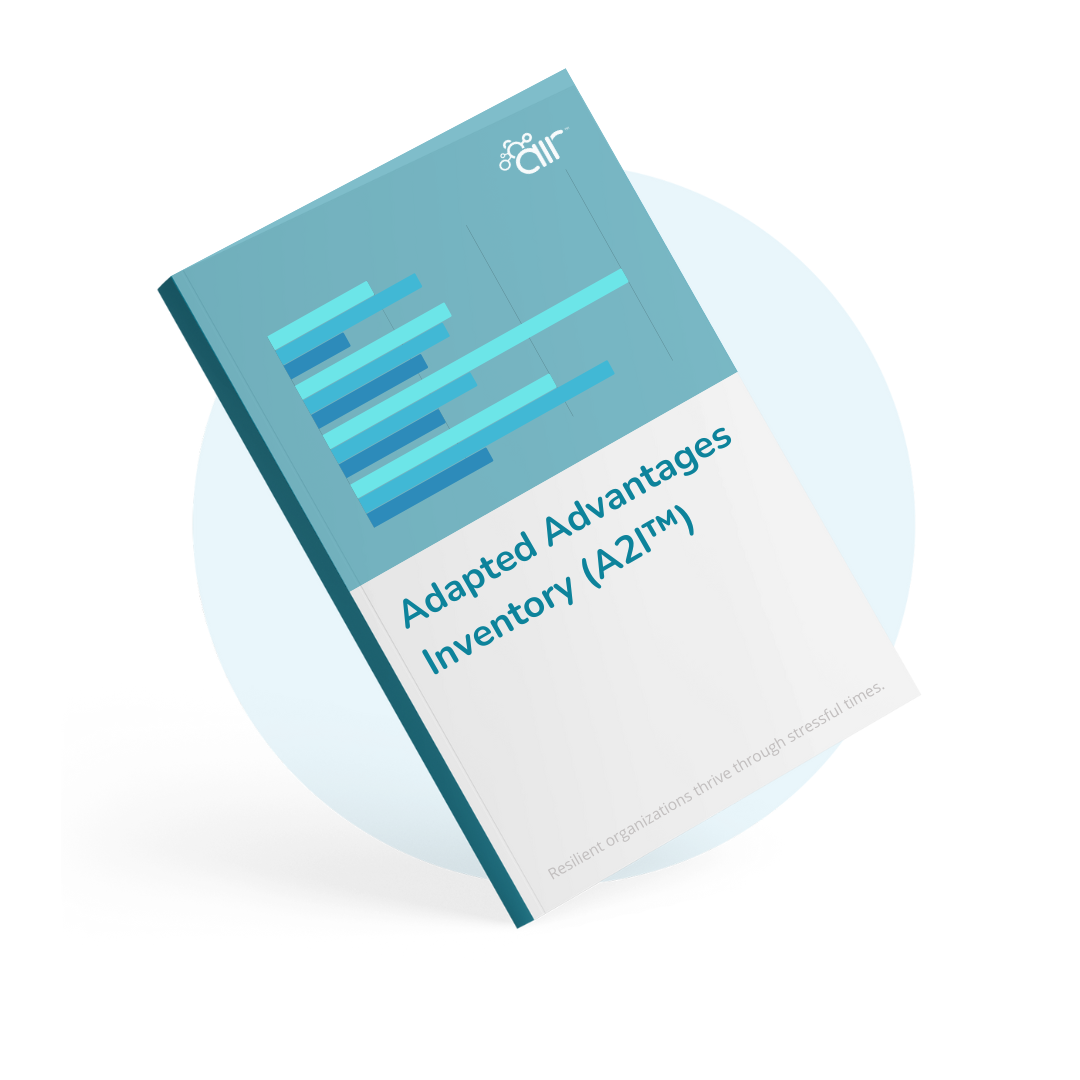
BESAFETM at Work Assessment
Safe brains are healthy brains. Healthy brains work better. A lack of safety causes distraction, accidents and injury, while undermining engagement, commitment, and performance. It erodes individual dignity and signals a lack of understanding and respect.
- Gain insights into perceived levels of safety
- Promote psychologically safe environments
- Increase synergy though authenticity and candour
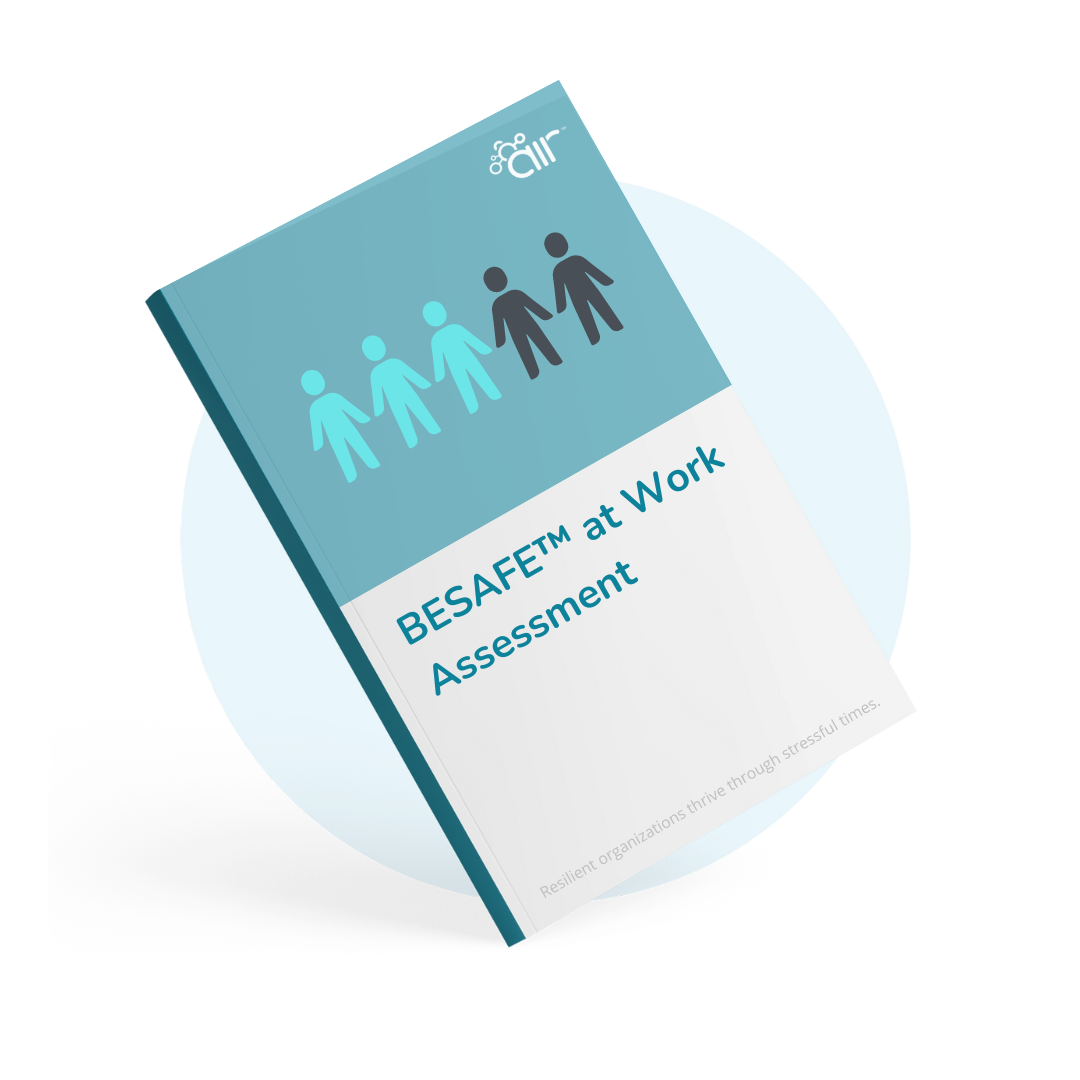
OrgFITTM
Evaluate and enhance your psychological capital with a measure of key resilience behaviours across all 3 levels of your organization: Employees; Teams; and Leadership.
- An indicator of organizational culture and fit.
- Evaluates engagement, safety and performance.
- Insights to improve employee recruitment, retention, and job satisfaction.
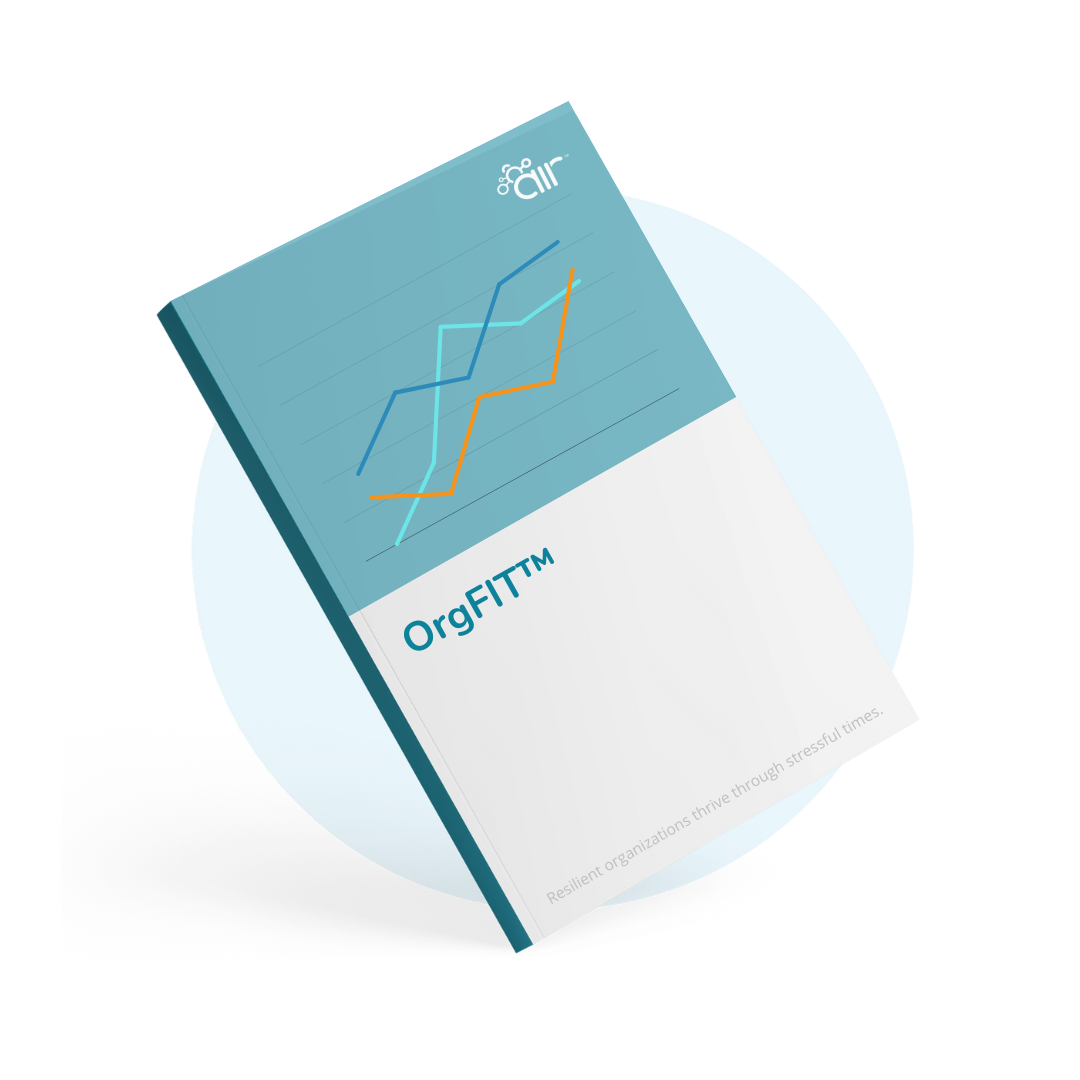
Latest Research Highlights from the AIR Team
Rebecca Graham at Valley Refrigeration shares her experience with AIR
Introducing The Resilience Program into our work environment has had a positive effect on the team as a whole…
The Program offered “empowering breakthroughs” ~ Senior Manager at Insurance Company
“We had a couple tears but all very supportive and empowering breakthroughs on what they want to work on. My heart is so full. Thank you so much for this opportunity!”
Resilience as a Capacity offers Hope for Future ~ Program Participant
“Viewing our team’s strengths and challenges through a lens of capacities that can be built upon, as opposed to focusing on flaws, has made me hopeful for our future!”
Killam Partners with AIR to Build Mental Fitness
Killam sees improvement across 75% of health indicators as a result of Mental Fitness Challenge.
A Scientific Way to Measure Resilience
The Functional Resilience question-AIR offers a new way to assess current levels of mental fitness. This measure has been scientifically proven! It offers an evidence based approach to training and development needs. Read more in this latest white paper by AIR faculty...
Resilience measure predicts stress, engagement and absenteeism at work
Samantha Penney, from Saint Mary's University, presented work on the validation study of the Functional Resilience Question-AIR (FRQ) at a conference for organizational psychologists. The study demonstrated that the FRQ was able to predict stress beyond current...
Frequently Asked Questions
What is an FRQ? How are the FRQs different?
Our Functional Resilience Question-Air (FRQ) identifies areas of strength and opportunities for growth. It measures four key resilience competencies: Perspective, personal effectiveness, emotional intelligence, and perspective.
For organizations, there are four relevant FRQs:
1. FRQshort:
The FRQshort, as the name suggests, is a short report for individuals that comes with a 20 minute check-in.
2. FRQir (Personalized interpretative report):
The FRQir is also for individuals, but this report is more detailed (16 pages) and comes with an hour-long check-in to discuss strengths and growth opportunities.
3. FRQteam:
The FRQteam combines individual FRQ scores to create a team profile. This report derives strengths and growth opportunities for the team as a whole.
4. FRQorg (organizations):
The organizational report involves multiple testing periods and an expanded battery of tests, including engagement, civility, burn-out, and other productivity measures..
How is my information used?
AIR is committed to respecting and preserving the privacy of those who use access and use our websites, software, content, products, and services. Our research is conducted on non-identifiable data or on that to which informed consent for its use has been collected. Please consult our Privacy Policy for more details.

